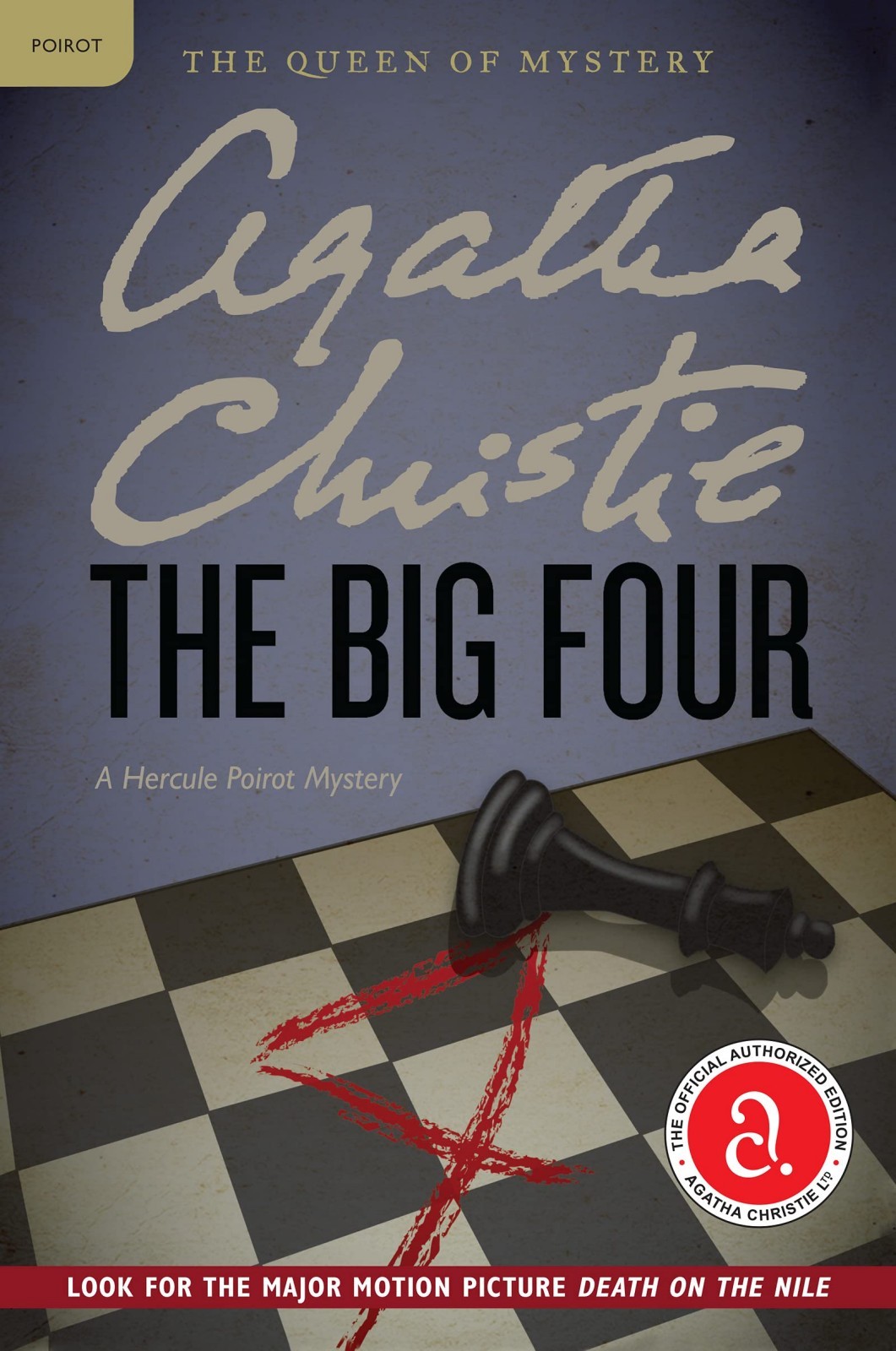Mary Postgate
Title: Mary Postgate

Author: Rudyard Kipling
Published in: 2013
Date read: 6th April 2020
Score: 4/5
Genre: Classic, Psychological
Plot: (Warning, may contain spoilers):
"Mary Postgate" is a short story by Rudyard Kipling, published in 1915, during the early years of World War I. It is one of Kipling's most chilling and controversial works, exploring the psychological impact of war, grief, and the unleashing of suppressed emotions and primal hatred.
The story centres on Mary Postgate, a quiet, unassuming, and perpetually repressed middle-aged lady's companion to the wealthy and demanding Miss Fowler. Mary has lived a life of dutiful service, characterized by her meticulousness, her lack of strong emotions, and her adherence to a rigid routine. She prided herself on a "trained mind" that "did not dwell on these things."
Her world, and her life's true devotion, revolves around Wynn Fowler, Miss Fowler's orphaned nephew, whom Mary effectively helped raise. Wynn is a somewhat boisterous, often rude, and ungrateful young man, but Mary harbours a deep, unspoken affection for him. When the war breaks out, Wynn, despite being a rather poor student, joins the Royal Flying Corps.
The central event that shatters Mary's carefully constructed emotional façade is the news of Wynn's death. He is killed not in combat, but in a training accident, falling from his plane from a great height. The news is delivered to Miss Fowler, and Mary, with her usual composure, helps her employer cope.
Following Wynn's death, Miss Fowler instructs Mary to burn all of Wynn's childhood and personal belongings in the garden "destructor" (an incinerator). This task, seemingly mundane, becomes a catalyst for Mary's transformation.
While on her way to the village to buy paraffin for the incinerator, Mary witnesses a horrifying incident: a small local child is brutally killed by what appears to be a German bomb dropped from an aircraft, though it's later suggested by a doctor that it might have been an accident involving a collapsing stable. Mary, however, fixes the blame squarely on the Germans. This act, coupled with her grief for Wynn, begins to unleash a simmering rage within her.
The climax of the story occurs as Mary is meticulously burning Wynn's possessions in the destructor. As she tends the fire, she discovers a badly wounded German airman lying hidden and dying beneath an oak tree in the garden. He had evidently crashed nearby after dropping the bomb (or suffering mechanical failure). He is in agony, whimpering and begging for water or a doctor in broken English.
Instead of offering aid, Mary's repressed emotions, fuelled by her grief for Wynn and the child, and her newfound hatred for the enemy, surface with terrifying intensity. She stands over the dying man, observing his suffering with a chilling, almost sadistic detachment that transforms into a dark, sensual satisfaction. She offers no help, allows him no comfort, and actively enjoys his slow, agonizing death. The narrative explicitly describes her internal state as one of immense, perverse pleasure and release. When the man finally dies, she feels a profound sense of "long pleasure" and "rapture."
After the German airman is dead, Mary returns to the house, takes a luxurious hot bath, and then has tea with Miss Fowler, her composure seemingly restored, but fundamentally altered.
"Mary Postgate" is a disturbing psychological study of how ordinary, repressed individuals can be pushed to extreme acts of cruelty and hate by the circumstances of war and personal loss. It's often interpreted as Kipling's own exploration of the darker emotions he felt after his beloved son John was killed in WWI, and it remains a powerful, unsettling, and unforgettable piece of war literature.
Comments:
This was one of my "must read more classic books" and, although sceptical, it was very enjoyable. I benefitted from having a discussion with a friend who is a literature graduate after to delve into it in greater depth.
Books that we've read by Rudyard Kipling (1):
Mary Postgate (2013)
This page was updated on: 27th July 2025

